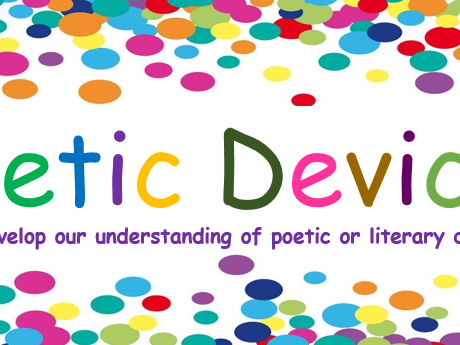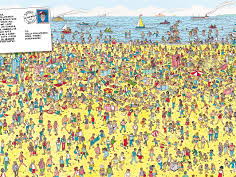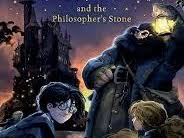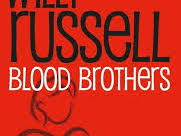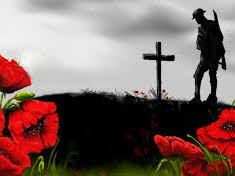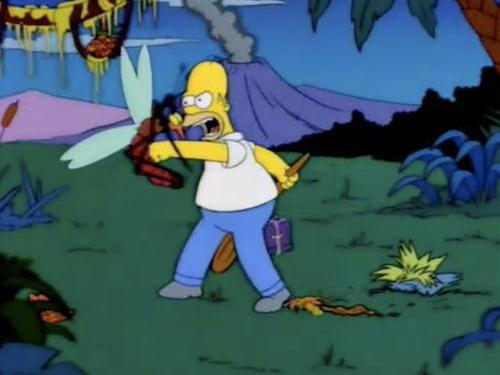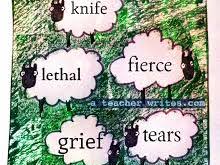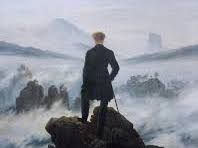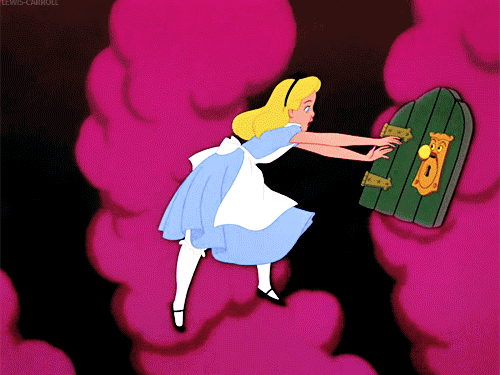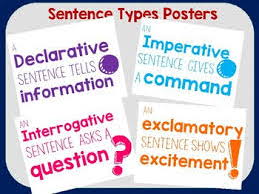35Uploads
10k+Views
2k+Downloads
All resources

16 Poetic Devices covered KS3 / KS4
Each device includes questions and activities to help pupils learn and apply the techniques. Devices covered include:
Simile
Metaphor
Analogy
Imagery
Motif
Hyperbole
Alliteration
Allegory
Anecdote
Onomatopoeia
Assonance
Juxtaposition
Symbolism
Pathetic Fallacy
Personification
Repetition

Skimming and Scanning KS3
This is a whole lesson on skimming and scanning for a mid ability ks3 group. There is a video clip that tests pupils’ skimming and scanning skills as well as multiple questions (you can pick and choose which ones you wish to do depending on ability).

Explicit and Implicit KS3
This is a whole lesson on explicit and implicit skills aimed at lower ability children. The lesson is based on text Harry Potter and the Sorcerer’s/Philosopher’s Stone CHAPTER ONE ‘THE BOY WHO LIVED’ and also contains a physical activity that allows pupils to infer and ‘act’ out the image.

The Role of the Narrator in Blood Brothers
A comprehensive lesson that looks at the narrator’s role with questions, essay question and a sample response with key extracts from the play.

Education in Blood Brothers
A whole lesson contextualising the school system (secondary modern/grammar) with questions based on extracts from the play.

War Poetry Very Low ability KS3
Introductory unit on Poetry. Poems used include Flanders Fields and Exposure.

Inference Skills KS3
An interactive way to learn and apply inference skills based on Ray Bradbury’s A Sound of Thunder. This lessons also contains The Simpson’s appropriation of the plot to help lower abilty pupils understand the Bradybury’s plot.

Semantic Fields KS3
A fun interactive resource on semantic fields with a peer assessed activity at the end. Includes an additional activity if time permits.

Utopia and Dystopia
A free 3 slide power point focussing on the language used to describe utopias/dystopias.

Mothers in Blood Brothers KS4
A look at the perception of motherhood in Blood brothers with an essay question and sample response.

Romantics: Wordsworth Keats and Shelley
A short scheme of work examining Wordsworth, Keats and Shelley’s poems also containing creative lessons on poetry as well.

Tension and Superstition in Blood Brothers
A lesson which covers staging terms as well as poses questions on tension and superstition with a sample response.

Higher Level Vocabulary lesson- interactive KS3
This lesson covers the following techniques:
Anaphora
Pathos
Holophrase
Synecdoche
Metonymy
Semantic Field
This can be used as a linguistic lesson or just a fun creative wriiting activity.

Staging and Theatre in Blood Brothers
Explores the staging and set as well as key terminology. Main activity asks pupils to act out a key scene.

Sample feedback lesson on creative writing
feedback lesson using pupils’ work to feedback best and worst.

Dragons Den style activity to learn and apply PERSAUDER
AImed at KS3. A fun activity to encourage pupils to learn and apply persuasive literary devices in the form of a pitch.

Friendship and Tension in Blood Brothers Mickey and Edward
The lesson covers the relationship between Mickey and Edward and the increasing hostility created by their social conditions. Includes questions and sample response.

Sentence Types and Sentence structures KS3 or KS4
A lesson introducing students to sentence structures (simple, compound, complex) as as well as sentence types (imperative, declarative, exclamative and interrogative.

